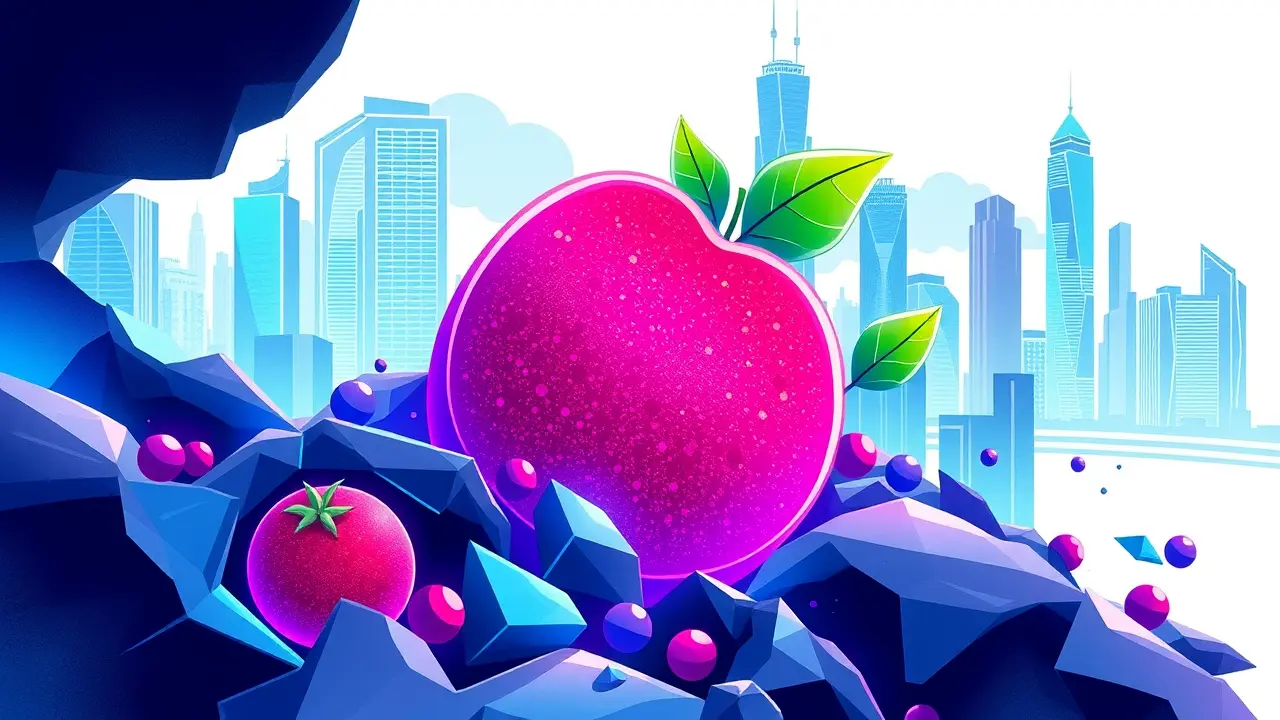Hong Kong Graduates Turn Surplus Fruit into Smoothies
In the dense urban landscape of Hong Kong, where concrete often overshadows canopy, a quiet revolution is sprouting from the city's waste streams, led by two visionary university graduates, Francis So Ka-hei and Matey Svetlan Yordanov. Their venture, Food With Benefits (FWB), is not merely a business but a profound ecological statement, tackling the staggering issue of food waste by rescuing surplus fruit—the blemished, the overripe, the aesthetically imperfect specimens rejected by commercial supply chains—and transforming them into nutrient-dense smoothie powders.Each single sachet of their signature product represents a tangible victory, salvaging approximately 200 grams of fruit that would otherwise contribute to the city's landfills, where organic decomposition releases methane, a greenhouse gas exponentially more potent than carbon dioxide. This initiative, which has rightly earned them a finalist spot in the sustainability category of this year’s Spirit of Hong Kong Awards, is a microcosm of a larger, global struggle against a broken food system.Consider the broader context: nearly one-third of all food produced globally is lost or wasted, according to the UN's Food and Agriculture Organization, while simultaneously, biodiversity loss and climate change intensify. The work of So and Yordanov intersects directly with the principles of a circular economy, a model championed by environmentalists and organizations like Greenpeace, which seeks to eliminate waste and continually use resources.Their process—sourcing, dehydrating, and powdering fruit—is a low-tech, high-impact solution that echoes traditional methods of food preservation, yet it is deployed with modern entrepreneurial acumen. It stands in stark contrast to the energy-intensive recycling of plastics or electronics, offering a more immediate, tangible connection to the natural world.The implications are vast. By creating a market for 'ugly' fruit, FWB challenges the cosmetic standards of major retailers that lead to immense farm-level waste, a problem documented in countless environmental reports.Furthermore, they are operating in a city that imports over 90% of its food, making its resource efficiency and waste management a critical pressure point. Expert commentary from urban ecologists would likely affirm that such hyper-local solutions are essential for building resilience in megacities vulnerable to supply chain disruptions.Historically, we can look to the 'Dig for Victory' campaigns of World War II or the urban gardening movements of the 1970s as precedents where citizen-led action reshaped food sovereignty. The possible consequences of FWB's success extend beyond Hong Kong's borders; it provides a scalable blueprint for other densely populated coastal cities from Singapore to Mumbai, demonstrating that sustainability is not an abstract policy goal but a practice rooted in daily consumption.Analytically, the venture sits at the nexus of environmental science, social enterprise, and behavioral change. Its success depends not just on diverting waste, but on educating a generation of consumers to value the story and impact behind their food, shifting preferences from convenience-at-all-costs to conscious consumption. This is the heart of modern ecology: understanding that the fate of a single piece of surplus fruit is inextricably linked to the health of our planet's intricate, and increasingly strained, ecosystems.
JA
Jamie Lawson123k2 days ago
this is cool but feels like we're just relearning what people used to do out of necessity smh
0
